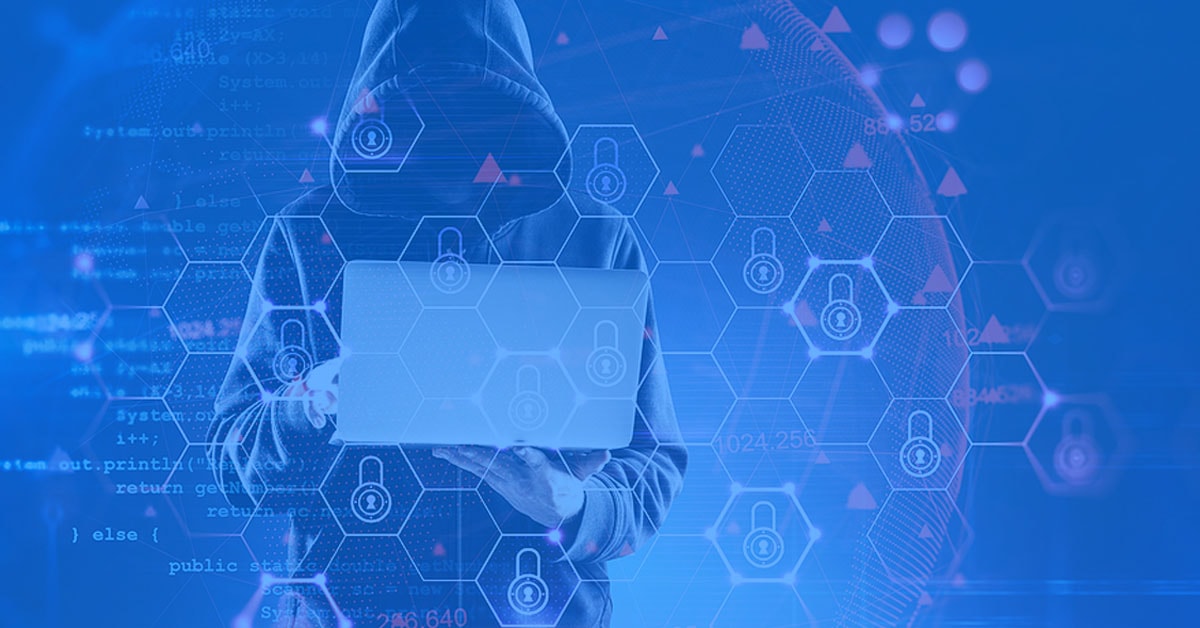
On the Internet It’s Buyer Beware
You buy a knock-off Louis Vuitton purse from a street vendor in Philadelphia or over the internet, thinking, ‘Who does it hurt?’ Well, think again. You might be funding a terrorist group like Hezbollah, or violent gangs or drug cartels.
That was one takeaway from a recent cybercrime webinar hosted by InsideSources with experts from United to Safeguard America from Illegal Trade (USA-IT).
“Cybercriminals are opportunists, always seeking to capitalize on current events,” according to the Philadelphia FBI office. “From the very beginning of the pandemic, they have exploited people’s increased use of technology, fears about COVID, and financial uncertainty, using every brand of scheme imaginable to defraud victims. Based on 2020 data from the FBI’s Internet Crime Complaint Center, which saw a huge spike in complaints last year, Pennsylvania was again one of the top 10 states in terms of the number of victims reporting scams and the total amount of monetary loss reported.”
And an FBI report said the agency received a record number of cybercrime complaints from the American public in 2020: 791,790, with reported losses exceeding $4.1 billion. That represents a 69 percent increase in total complaints from 2019.
Business e-mail compromise schemes continued to be the costliest: 19,369 complaints with an adjusted loss of approximately $1.8 billion. Phishing scams were also prominent: 241,342 complaints, with adjusted losses of over $54 million. The number of ransomware incidents also continues to rise, with 2,474 incidents reported in 2020.
The average loss from cybercrime in Pennsylvania per victim is $5,822.
During the USA-IT roundtable, Hernan Albamonte, head of illicit trade prevention for Philip Morris International, warned: “Illegal trade is not a petty crime. Illegal trade undermines democracy, corrupts the rule of law, jeopardizes economic development strategies, contributes to human rights abuses…It is a growing threat to our national security and impacts every law-abiding American.”
In 2019, the counterfeit trade robbed the U.S. economy of more than $131 billion.
Bill Schenkelberg of Red Sky Alliance is one of the white hats trying to stand in the bad guys’ way. While many larger corporations have hardened their networks, hackers are able to penetrate through the supply chain of smaller companies and also through workers who, during the pandemic, worked remotely from their homes.
“Cyber touches every single point of that supply chain,” said Schenkelberg. Stolen and counterfeit products are sold on websites on the dark web and also legitimate sites like eBay and Amazon.
“The dark web marketplaces, these are nothing more than places to go shopping for illegal products and stolen information,” said Schenkelberg. While these sites are similar to legitimate online shopping sites. While a stolen purse won’t hurt you, ingesting a counterfeit medicine might very well be a fatal mistake.
“A purchaser cannot, and should not, trust the safety and efficacy of these drugs,” he said. “It’s a major public health risk.”
Itai Galmor with Brandshield, a company that helps deal with online risks, said the scams and frauds and phishing connect to each other.
“They’re here to steal money,” he said. COVID-19, with more people working from home, has brought a large increase in cybercrime, he said.
“We managed to take down 150 websites in a single month,” he said.
There was a huge surge in domain registrations with the word vaccine in them in December 2020, many to create scams.
“It’s really shifted into social media,” he said. “Social media is the place where it happens.”
Matt Albence, a spokesman for USAIT, said, “Most of these counterfeit goods are not being produced in the United States. They’re being produced elsewhere, in China, in Asia, and they’re transiting around the world to come into the United States.”
The products are coming across the border but also through the mail. As well as the monetary loss to legitimate businesses and to governments, there is also a security issue, said Albence, former acting director of Immigration and Customs Enforcement (ICE).
“A lot of this money is going to fund these transnational criminal organizations,” he said. “And most of these organizations do not specialize in one or two types of crime. They’re not just peddling fake Viagra or fake Gucci purses. They are using those funds to support all sorts of other nefarious criminal activity. From a public safety and national security standpoint, looking at narcotics trafficking, human trafficking—it’s estimated to be a $150 billion a year industry.”
“These are ruthless criminal organizations,” he said. “They do not care about individuals or people, whether it’s the people utilizing their products on the backend, whether they’re safe medications, fake drugs laced with God knows all sorts of chemicals—You see what Fentanyl’s done to this country…There have been links time and time again to the sale of counterfeit goods, stolen cigarettes to terrorist organizations, Hezbollah, Isis, Al-Qaeda, to drug cartels down in Mexico…all tied in, making profits, or leveraging these profits from counterfeit goods, this illicit trade, and using to further their other criminal activities or terrorist activities.”
Asked how consumers can protect themselves, Albence said if a deal is too good to be true it probably isn’t legit.
